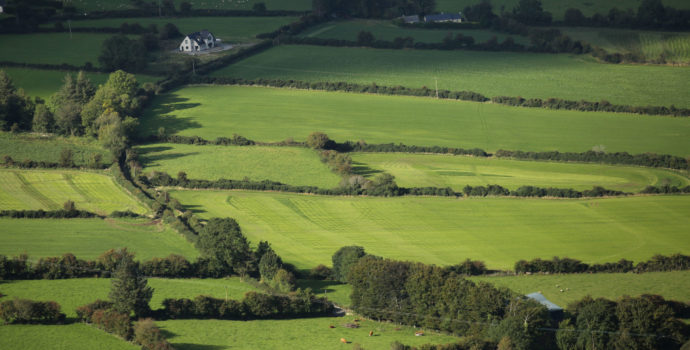
IFA has called on Government to take the following steps in support of farming’s contribution to climate action:
- Establish a cross-sectoral implementation group, including IFA, to mobilise Government Departments and the State’s advisory, scientific and economic development agencies to maximise the delivery of the emissions reductions identified by Teagasc in their recent climate abatement report.
- Work with EU leaders to introduce a carbon tariff on all less climate efficient imports into the EU from South America and other regions to incentivise carbon efficient food production.
- Appoint an independent Retail Regulator to ensure farmers get a fairer share of the food supply chain, allowing them to continue to reinvest to further climate proof their farm businesses.
- Regarding the calculation of greenhouse gas emissions:
- Re-examine the climate metrics applied when calculating methane, given the short-lived behaviour of methane in the atmosphere.
- C02 emission reductions through natural carbon sinks, such as forests and permanent pastures, should be included in the overall measurement of the contribution of emissions from the sector.
- On community and farm-scale renewables:
- The introduction of a guaranteed feed-in tariff model.
- Increased grid access, at node and substation level.
- Crowdfunding legislation and platforms.
- The development of regional biomass trade and logistic centres.
IFA Environment Chairman Thomas Cooney said, “This detailed submission to Government restates IFA’s opposition to further carbon taxes on the sector, which are directly impacting on farming’s competitiveness without reducing climate emissions. The submission also highlights the multiple and sometimes competing roles that farmers have as food, fuel and energy producers, while at the same time being required to enhance the environment and the low climate mitigating potential of the sector.”
Concluding he said, “Farmers in Ireland have a proud record as carbon efficient food producers. We can and will do more, particularly in the resource efficiency and renewables areas. However, this depends on strong Government support and a fully funded CAP to meet the increased environmental and climate requirements.”




